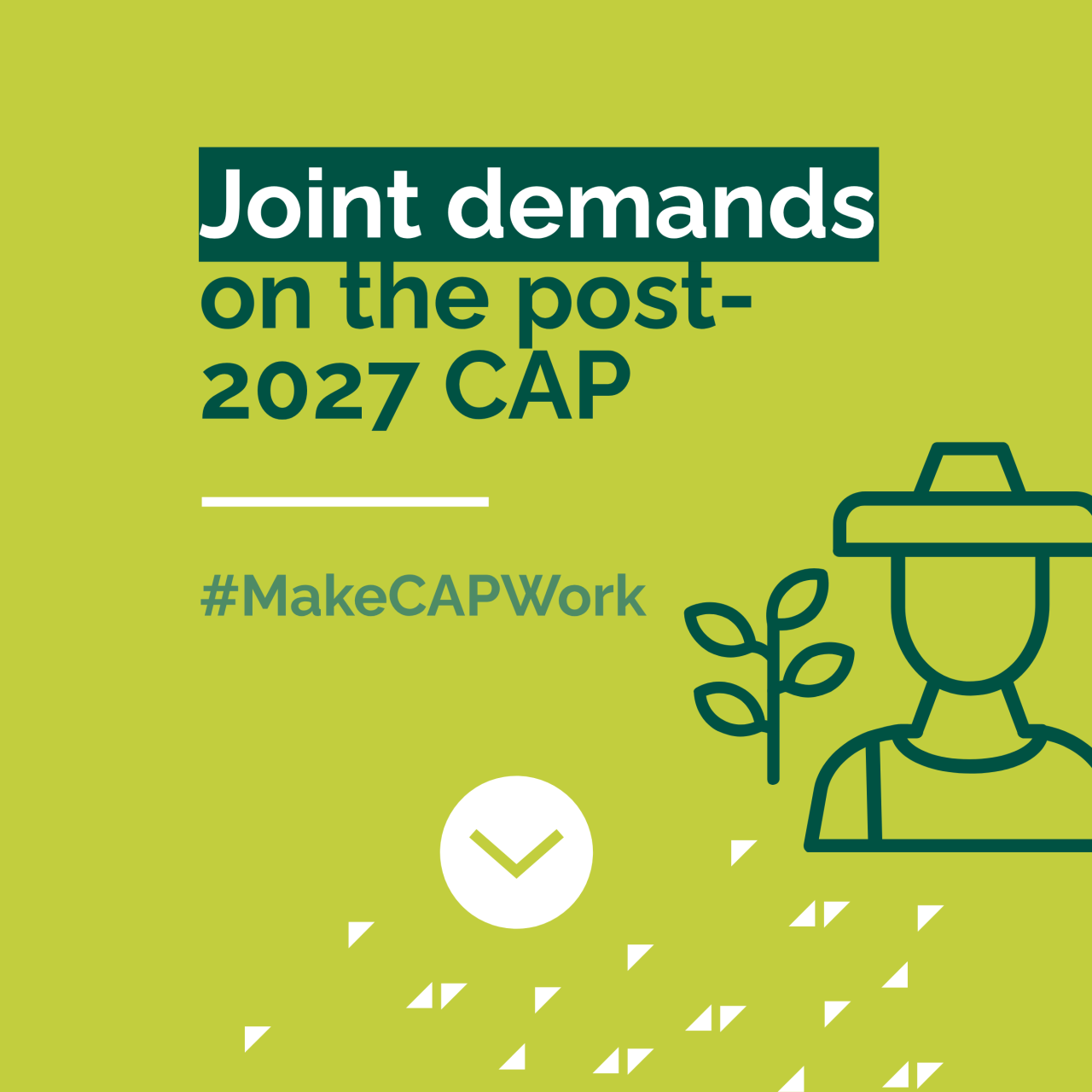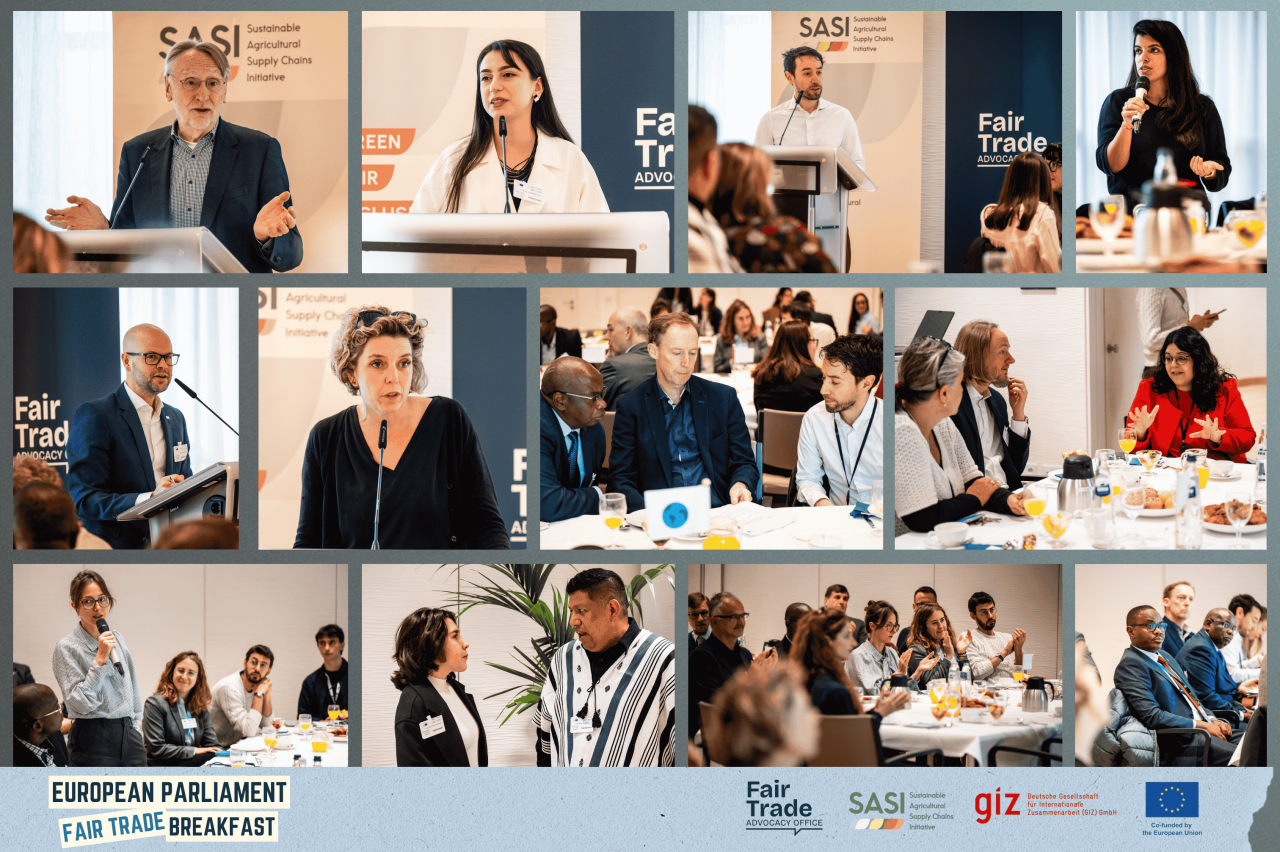Championing Fair Trade. Advocating for a sustainable future.
The Fair Trade Advocacy Office amplifies the voices of smallholder farmers and workers, driving global change for trade that values people and the planet.
Discover Who We AreWe Advocate
We monitor and influence EU legislation, policies and their implementation.
We Collaborate
We catalyse the Fair Trade Movement’s collaboration at international level.
We Facilitate
We facilitate the sharing and co-creation of knowledge by the Fair Trade Movement and researchers.
Latest Publications
Beneath the Seams: Strengthening Human Rights Due Diligence and its impact on textile workers, farmers and communities in India
Framework for assessing the impact of purchasing practices on human rights during due diligence practices
Developed by the FTAO, this matrix serves as a support tool to help the European Commission and other stakeholders identify how corporate purchasing practices may trigger responsibility under the CSDDD for human rights impacts across supply chains.
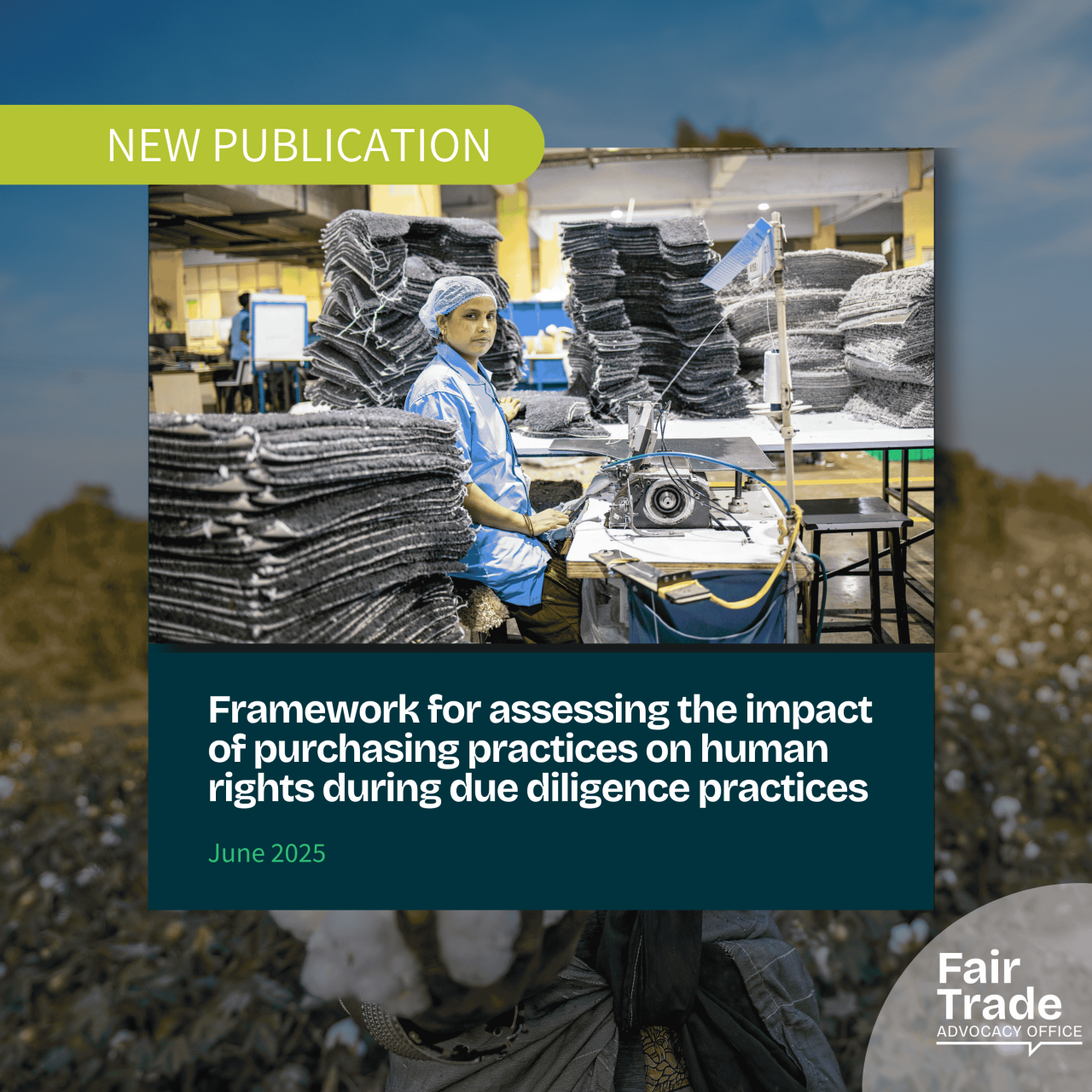
From trade wars to trade justice: less, fairer, better
The Fair Trade Advocacy Office’s analysis of the US trade war and opportunities for the EU to lead a shift toward just, sustainable, and equitable global trade partnerships.
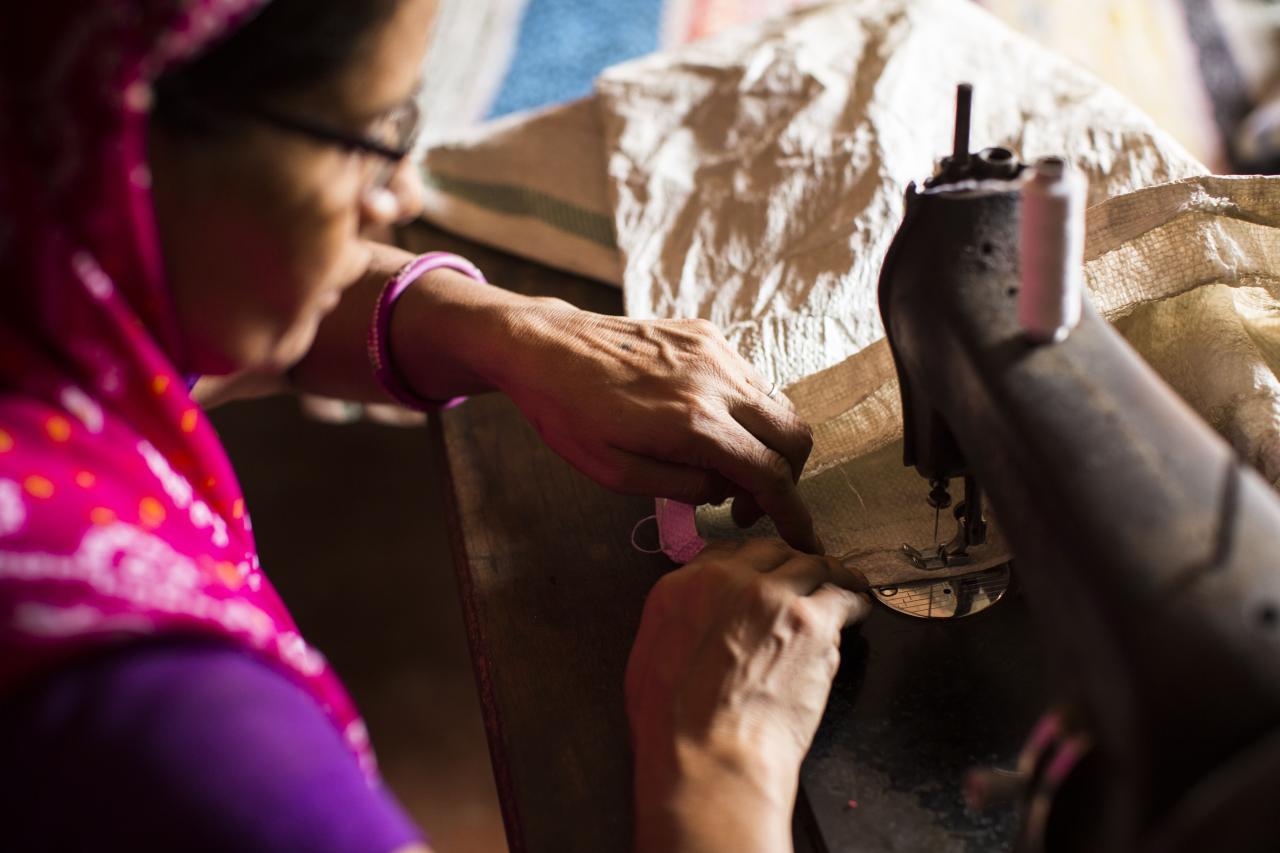
Simplification measures for the EU Organic Regulation
Latest News

The FTAO launches Textiles Advocacy Strategy Group to strengthen global voices in EU textile policy
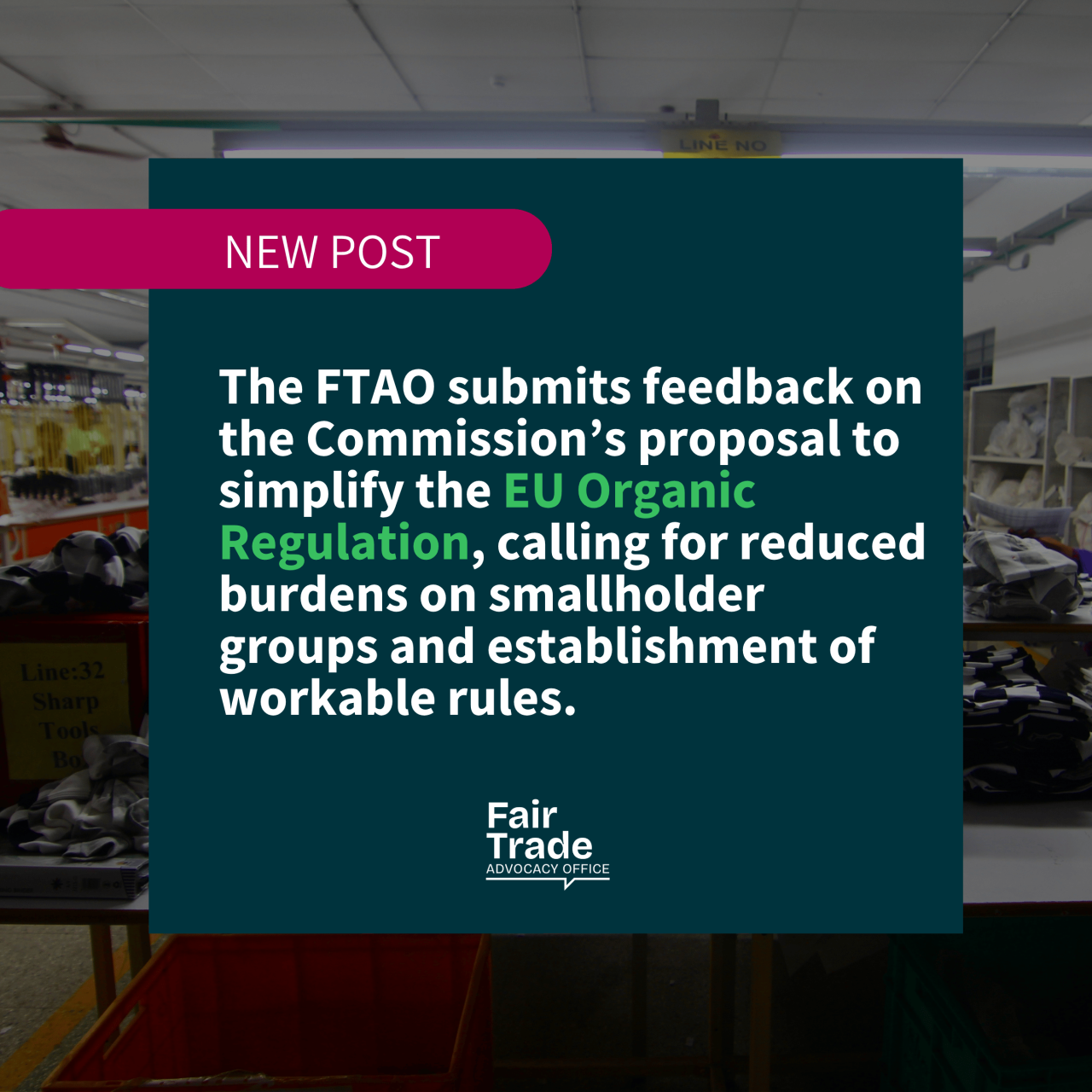
The FTAO's feedback on the European Commission's proposal for the simplification of the EU Organic Regulation

Partner With Us
The FTAO has decades of experience participating in EU-funded consortia and private foundations’ projects that have contributed to advancing towards fairer trade systems. We can bring in our advocacy expertise, knowledge on fair trade, and capacity to build and lead coalitions and forums. If you share our vision for a fairer world, we’d love to work with you - get in touch!
Become a PartnerSupport Our Work
We work every day to ensure trade is fair, just, and sustainable — for people and the planet. But we can't do it alone. Your donation helps us push for better policies, amplify farmers' voices, and keep fairness at the heart of global trade. Donate today and be part of the change.
Make a Donation